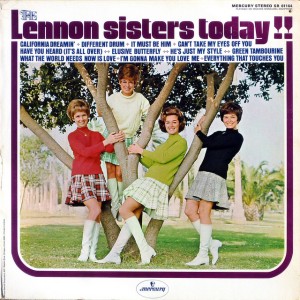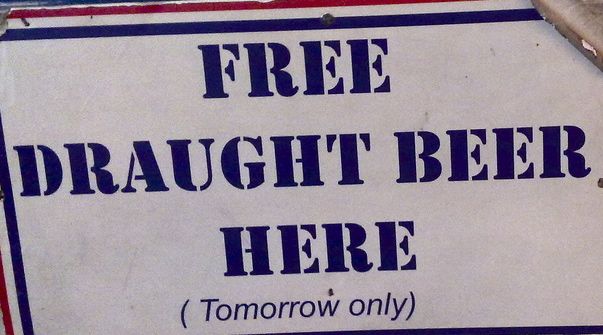Say goodbye to “today” today: Why we use days of the week
What day is tomorrow? That depends on what day it is today, right? And what day is it today? That depends on when you’re reading this.
If you’re reading this on the day it was posted, today is Tuesday. If you’re not getting around to it until tomorrow, which is to say Wednesday, which will be today tomorrow, then today, meaning tomorrow, is Wednesday.
I mean it will be tomorrow, which is today if you’re reading this tomorrow.
Where’d I lose you?
This is why we discourage the use of words like “today,” “tomorrow” and “yesterday,” as an increasing number of publications are doing, especially online. Here’s a Storify with a bunch of editors discussing the topic.
 In the old days, when you picked up a newspaper—kids, ask your parents what I’m talking about—it was abundantly clear that you were reading, say, the Tuesday paper. First of all, it was almost certainly Tuesday when you picked up that paper, and second, it had the word “Tuesday” and the date at the top of every page, easily spotted with a quick glance.
In the old days, when you picked up a newspaper—kids, ask your parents what I’m talking about—it was abundantly clear that you were reading, say, the Tuesday paper. First of all, it was almost certainly Tuesday when you picked up that paper, and second, it had the word “Tuesday” and the date at the top of every page, easily spotted with a quick glance.
When an article in that paper referred to “today,” you knew it meant Tuesday.
Today, things aren’t always as clear online. Spotting the word “tonight” or “yesterday” in an article you’ve arrived at via search, you likely have to scroll back to the top of the page or peek at the URL to figure out how old the story is. By the time you figure out that “tomorrow” means “yesterday,” because this story is two days old, you’ve probably lost track of what you were reading and you’re ready to click away.
The best practice is to clearly identify the day of the week. Here’s how it’s put in the B/R Stylebook:
Days of the week (e.g. Monday) should be clearly identified in all contexts. Avoid potentially confusing references like “tonight” and “tomorrow” that would force a reader to check the submission date atop the article. Note that words like “today” and “tomorrow” may be used in quotations or in expressions that do not refer to a specific date.
 That last phrase refers to usage of “today” in the sense I used it a few paragraphs ago, meaning “these days.”
That last phrase refers to usage of “today” in the sense I used it a few paragraphs ago, meaning “these days.”
You want your readers to concentrate on the points you’re making in your writing, not to spend mental energy trying to figure out what you mean by relative terms such as today, tomorrow and yesterday.
That’s true today, it’ll be true tomorrow, and it’ll be true whenever we figure out when the heck Tuesday is.
* * *
Photos: Beer sign by Unlisted Sightings. Record cover by Epilectic. Book cover by Fried Dough. All via Flickr/Creative Commons.
-
http://twitter.com/timcoughlin Tim Coughlin
-
Abacus Reveals


